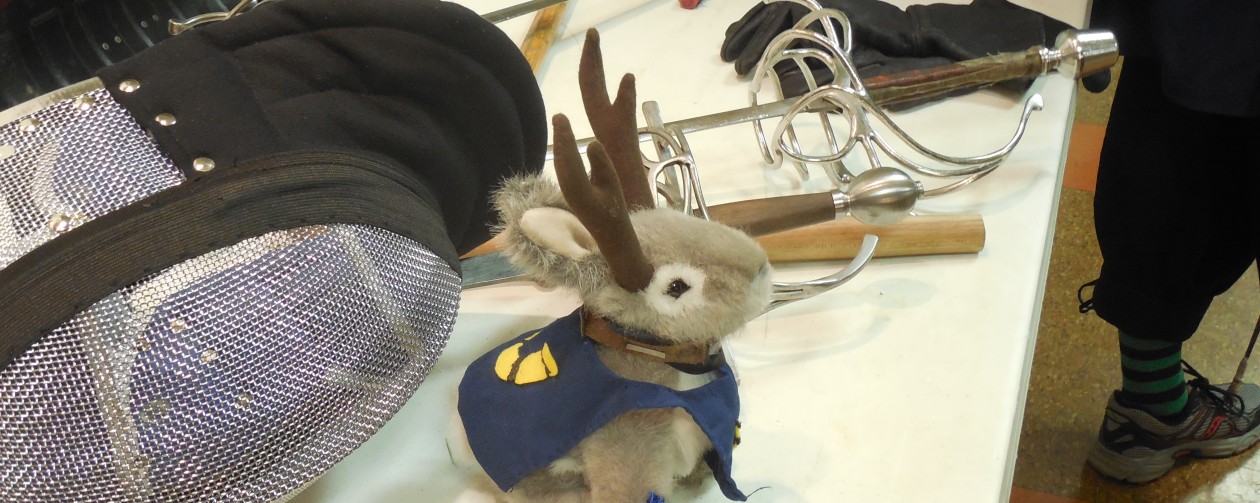Today, I am reading and commenting on Luke 10:25-37.
Usually when I hear people talk, or read what they have written, about this passage, it seems to be interpreted from the perspective of the man who was beaten by robbers. I think this results from the fact that Jesus asks the teacher of the law who was the neighbor to the man who was beaten. There is nothing wrong with that, but I think we miss the main point when we do that. Jesus told this story in order to answer the question of who is my neighbor in the context of whom should I love as I love myself. The story was designed to illustrate who had obeyed the command to love their neighbor as themselves. It was the Samaritan in this passage who obeyed the command. The Samaritan chose to show love to someone who held him in contempt. The Samaritan chose to show love to someone whom he had reason to consider his oppressor. The Samaritan, the one whose example Jesus tells us to follow, showed compassion for someone whom society considered better than him. When we read this passage we tend to take the lesson that we, as the “Jew” in this story, should show love to the “Samaritans” in our lives. We should show love to those below us in this world’s social orders. But that gets the message backwards. We should view ourselves as the “Samaritan” in this story and show love to those this world views as above us in social standing. If you think some group of people victimizes you, show love to members of that group just as the Samaritan in this story showed love to the man beaten by robbers.
I normally use the daily Bible reading schedule from “The Bible.net” for my daily Bible reading, but since this is a Leap Year, today is an extra day and I chose a passage I will be leading a Bible Study on next week.











